Cultural Divide series: Conversations across America ahead of the 2020 election
This occasional series taps into the American conversation at a time of restlessness and deep political fault lines. Stories will explore art, music, film, literature and other cultural touchstones that will define, bind and divide us ahead of the 2020 presidential election. The nation is at a crossroads, and many voices, some loud, some not, are wondering who we are and where we’re going.
Your guide: Montgomery, Ala. | Hazard, Ky. | North Chesterfield, Va. | Webster City, Iowa | Los Angeles, Calif. | Columbus, N.M. | Baltimore, Md. | Senoia, Ga.
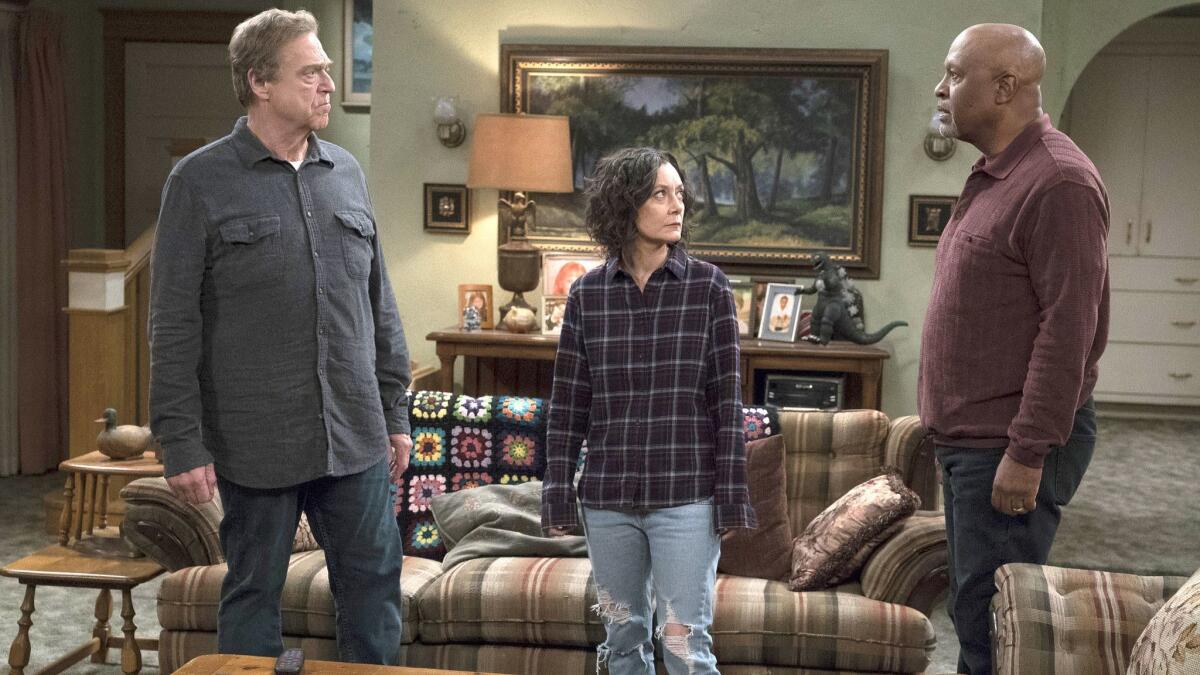
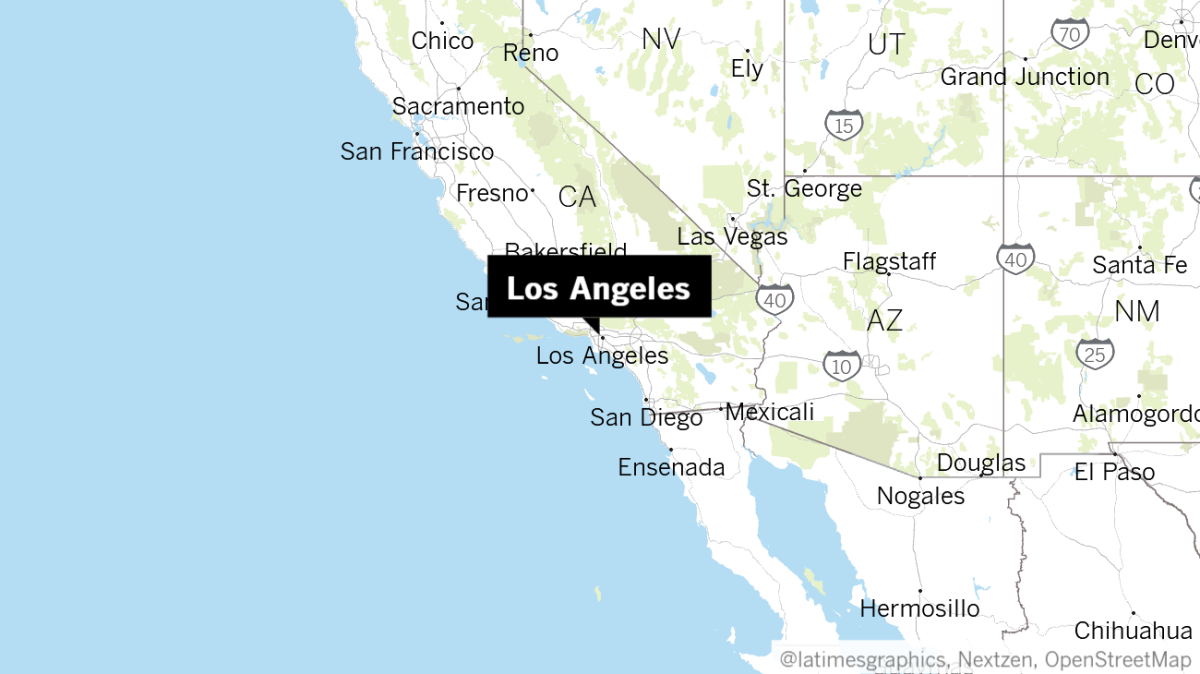
The best TV dramas and sitcoms are examining themes that define, bind and divide us, whether it’s Dan in “The Conners” fretting over undocumented workers, Dre in “black-ish” complaining that his children don’t know African American history or Offred in “The Handmaid’s Tale” fighting to keep her soul in a misogynist dystopia. And behind the scenes, TV creators wrestle with ways to lend perspective and insight to the national conversation.
From ‘The Conners’ to ‘black-ish,’ TV shows tread on culture wars and political divisions »
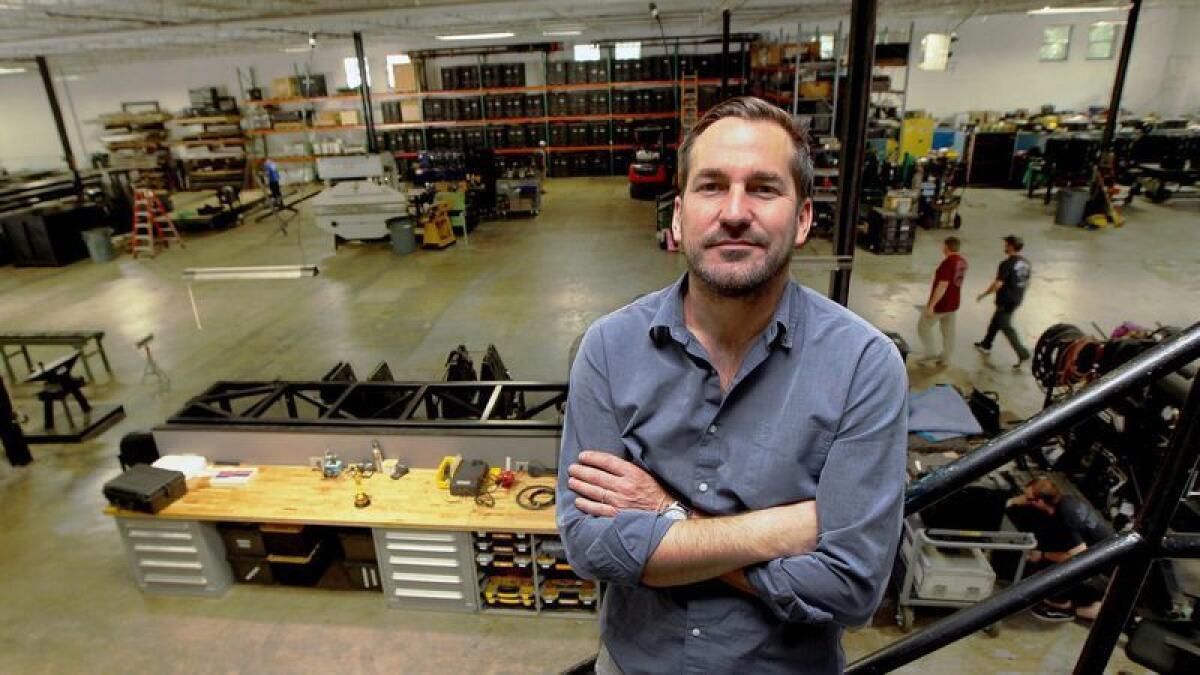

Thousands of set designers, prop masters, actors, makeup artists and others descended down to Georgia from California, New York and other film states. J.D. Schwalm was one of them, but he's been forced to a reckoning over differing opinions on abortion and fears by entertainment workers here that a boycott will take their jobs.
Georgia's abortion ban forces political reckoning among TV and film workers »
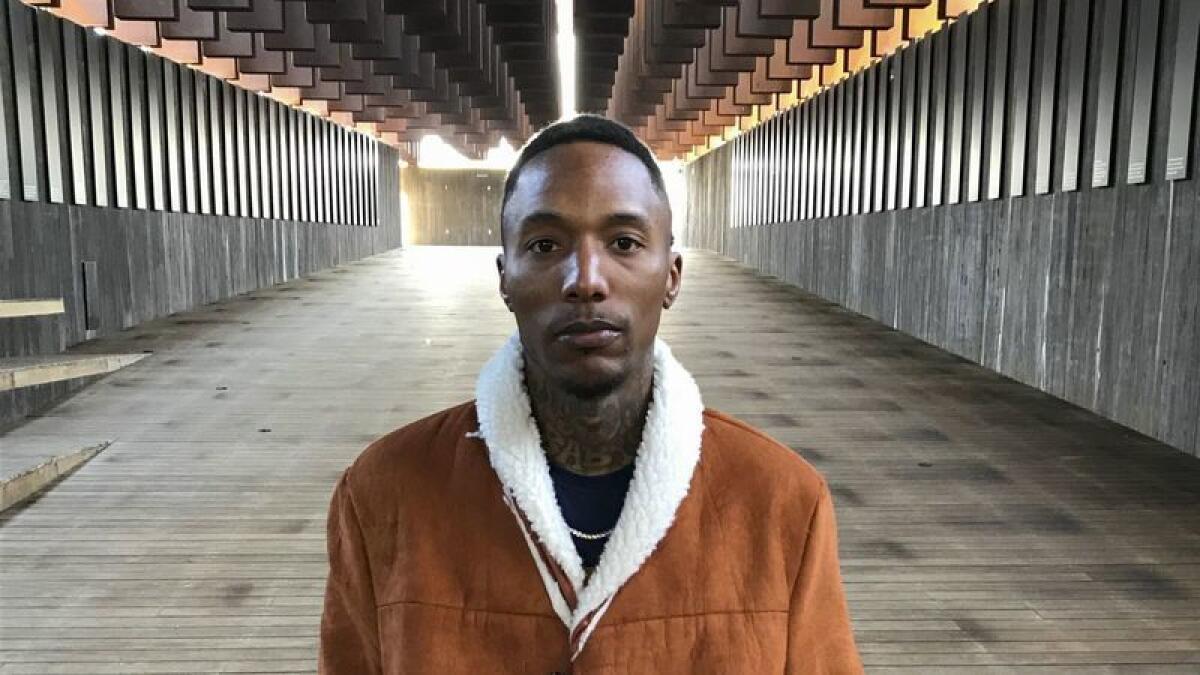
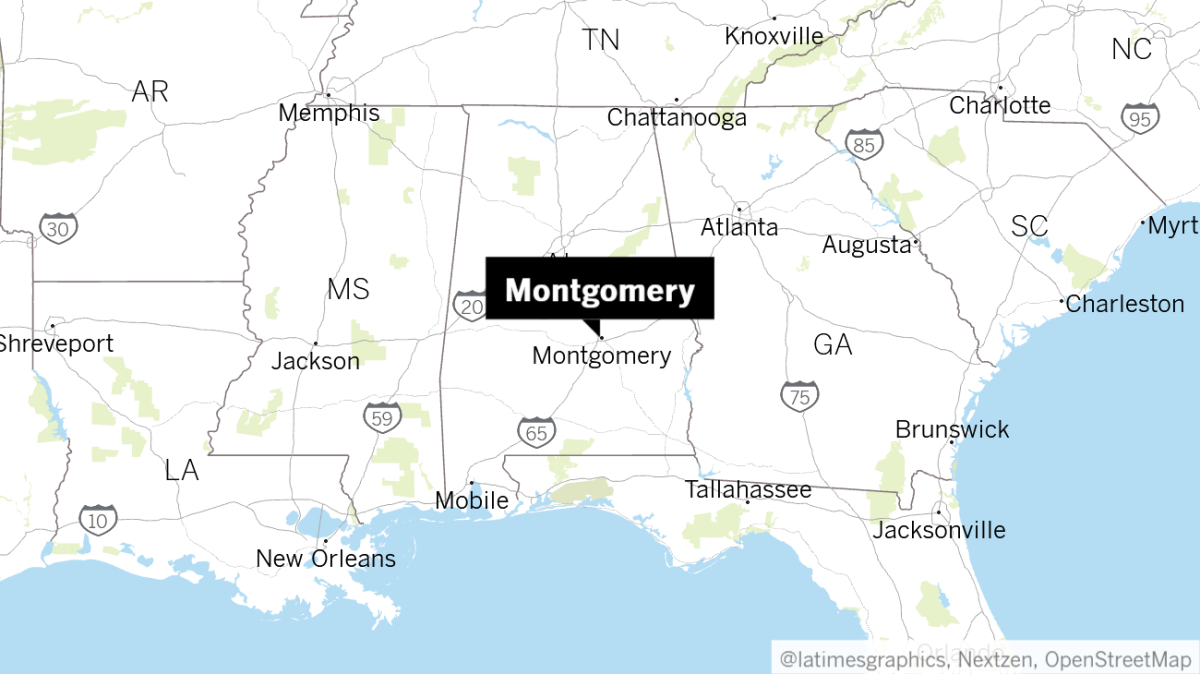
Light as a whisper, scrawled in tattoos, Cortez Oates, known as the rapper Rubberband OG, whose songs bristle with guns, medallions and money, stopped beneath a row of blocks. They hung from an open-air roof like the stilled feet of dead men. He stood in the quiet, on this hill above Montgomery, once busy with slave traders, and said: “Nothing’s changed. The Ku Klux Klan wore white bed sheets, and now they’re wearing police uniforms.”
How Alabama rapper Rubberband OG navigates racism and violence on his hometown streets »
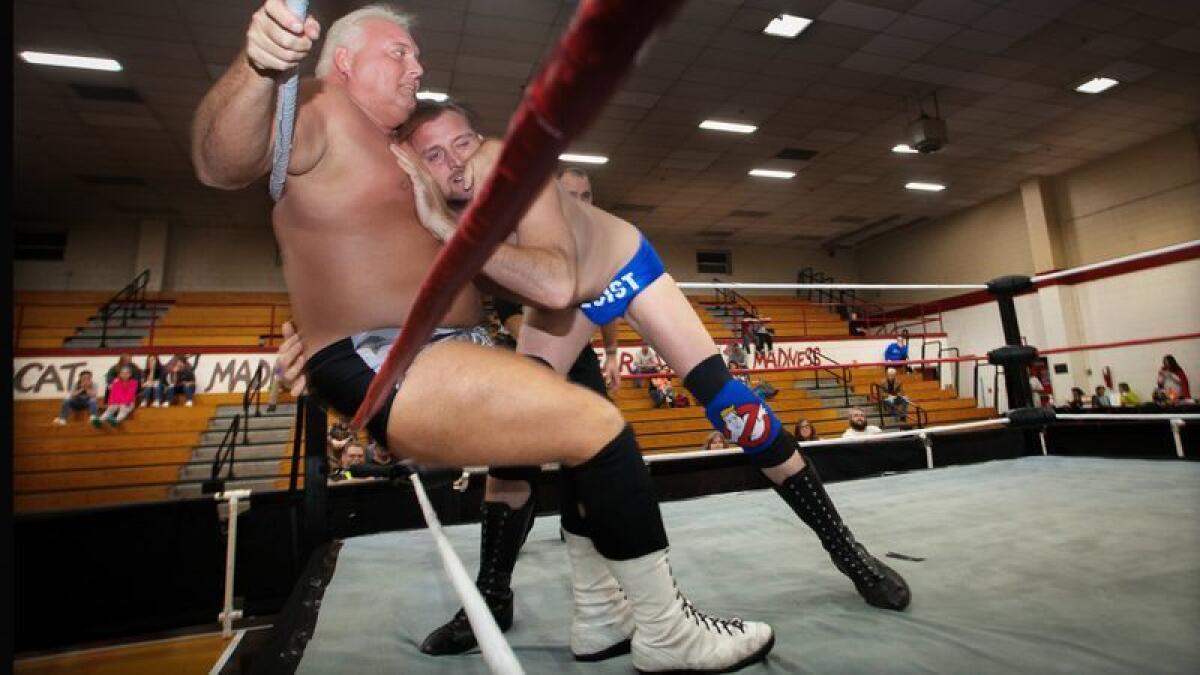
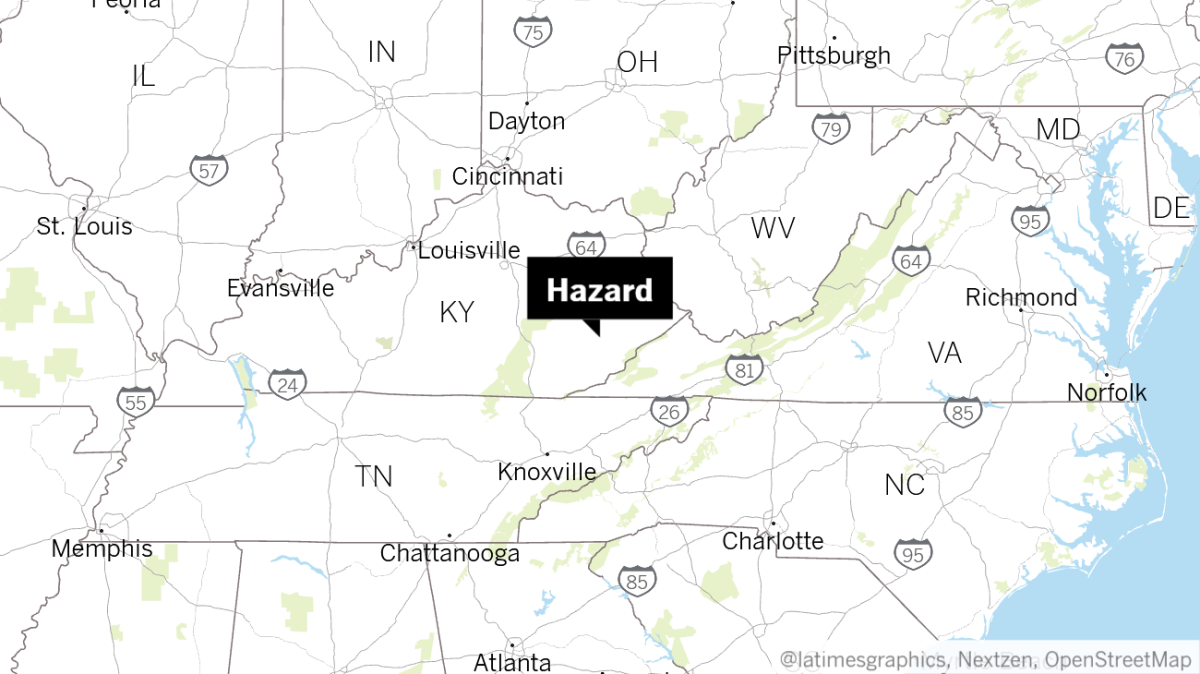
Taunting his hecklers as hillbillies and saying coal was a “dirty lie,” Daniel Harnsberger, a professional wrestler called the Progressive Liberal — eyeing his nemesis and local favorite Pretty Boy Stan Lee — ranted and prowled, the perfect villain on a rainy night in an abandoned school in one of the poorest regions of the nation.
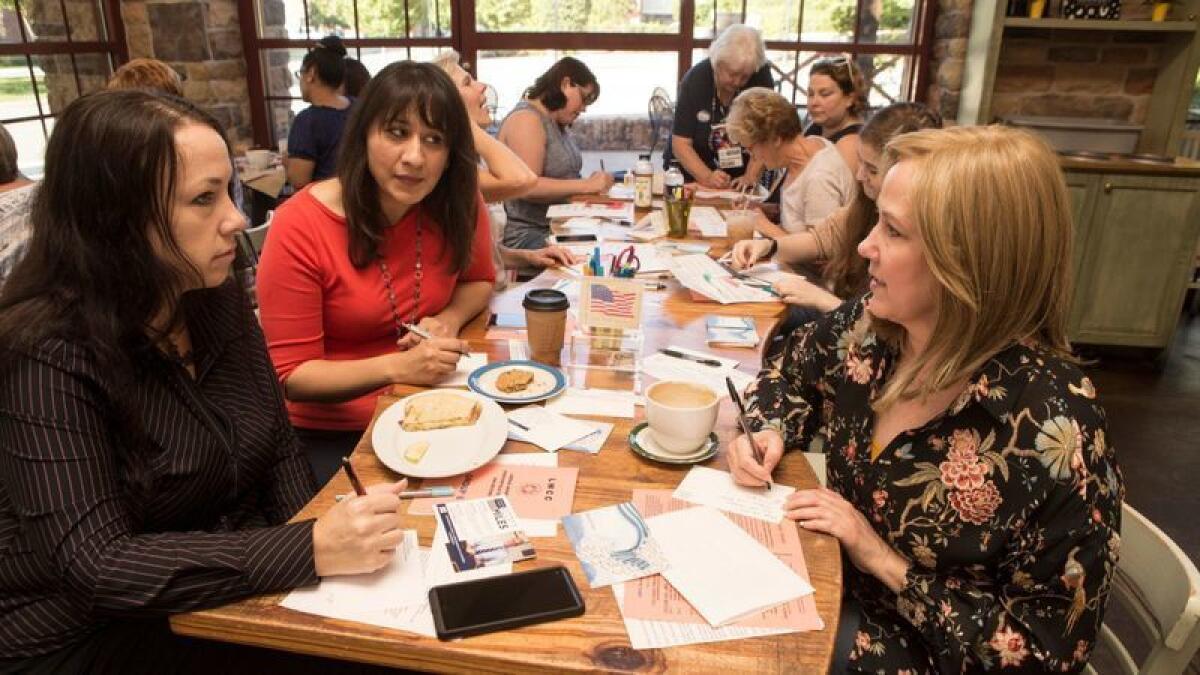
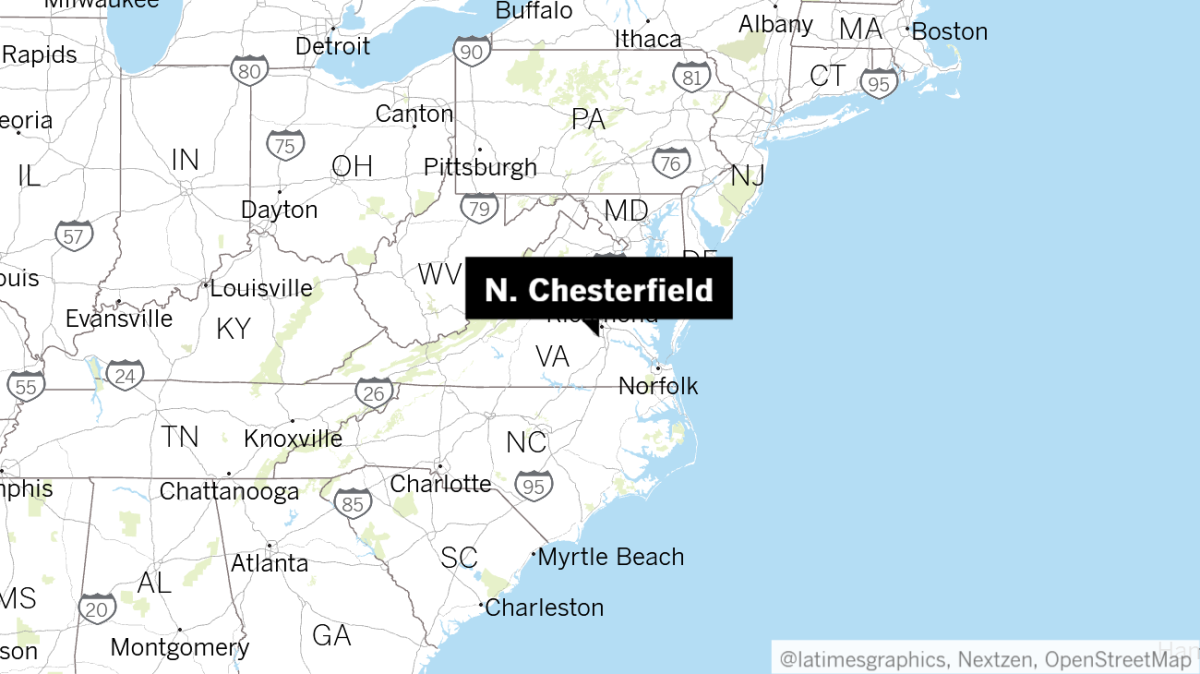
Rain fell and the Kavanaugh hearings played in the living room as Sidra Butt, Becky Stuart Conner and Kim Drew Wright of the Liberal Women of Chesterfield County discussed how to get the vote out in November. The neighborhood of Colonial-style houses and basketball hoops in driveways was quiet, tucked away, not far from Falling Creek and bygone farmlands of settlers who arrived in the 1600s and pushed north from Jamestown.
Books, poems and the Doors inspire liberal women in Virginia against Trump and conservatives »
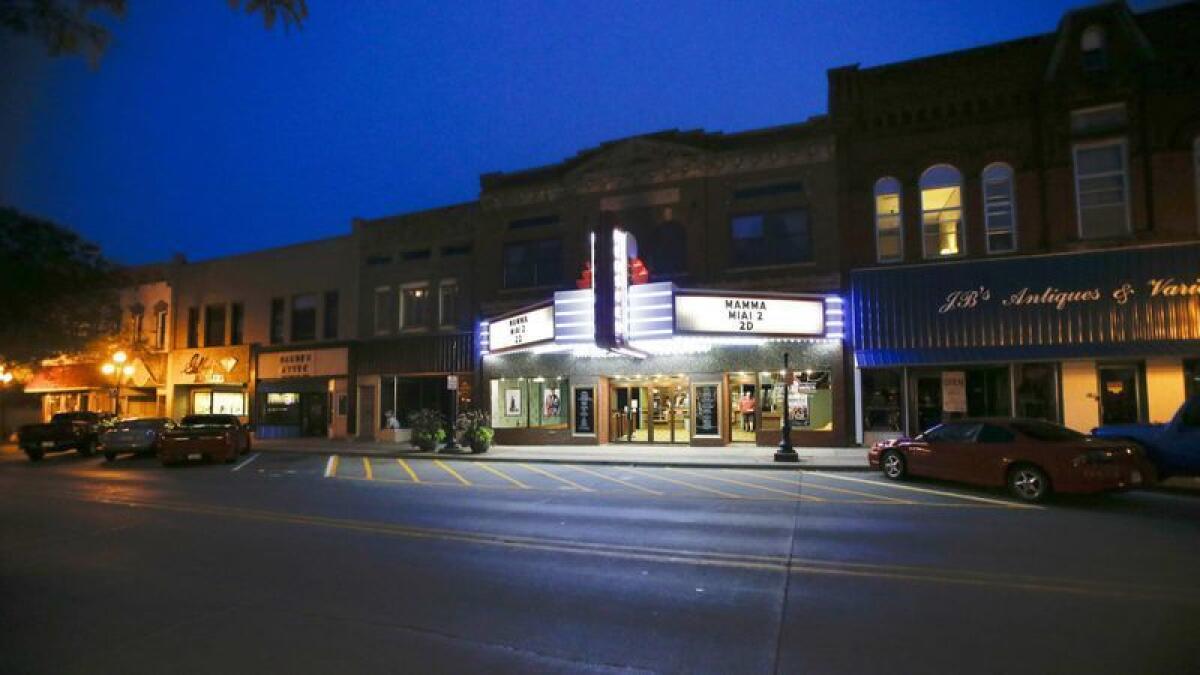

The Webster Theater brought in the world and kept the town bright until the marquee lights switched off each evening after the last show. It was a piece of America that defined a way of life. But that country and its values are shifting, and this town, like many others, is navigating an era of movies on iPhones, cultural wars, immigration tensions and a presidency that has upended notions of politics and Midwestern civility.
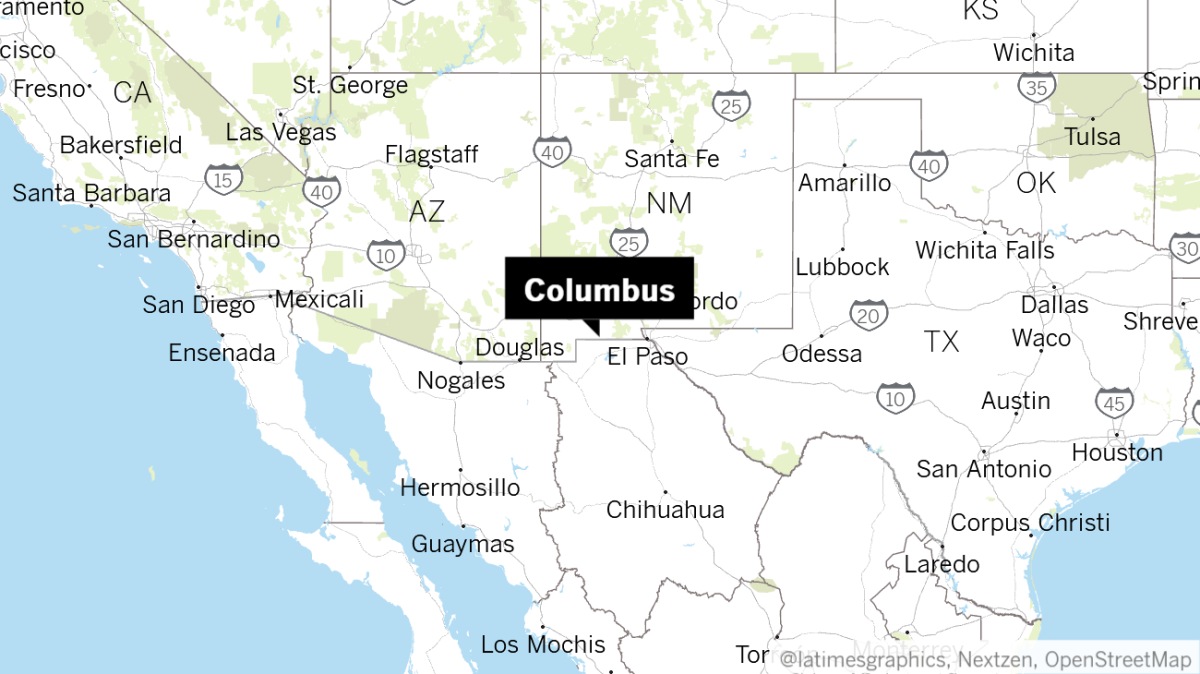
The cotton fields were empty, and Frank Ray, who was christened Francisco Gomez, remembered his boyhood when migrants arrived at first light. He drove a few more miles and crossed into Mexico. His ancestry began on this side of the border, and when he returned to New Mexico, he carried things that could fit into a song like “Different Kind of Country,” an anthem to undocumented and working-class Latinos he wrote to protest President Trump’s anti-immigration speeches.
Frank Ray, a Latino former cop changing the face of country music »
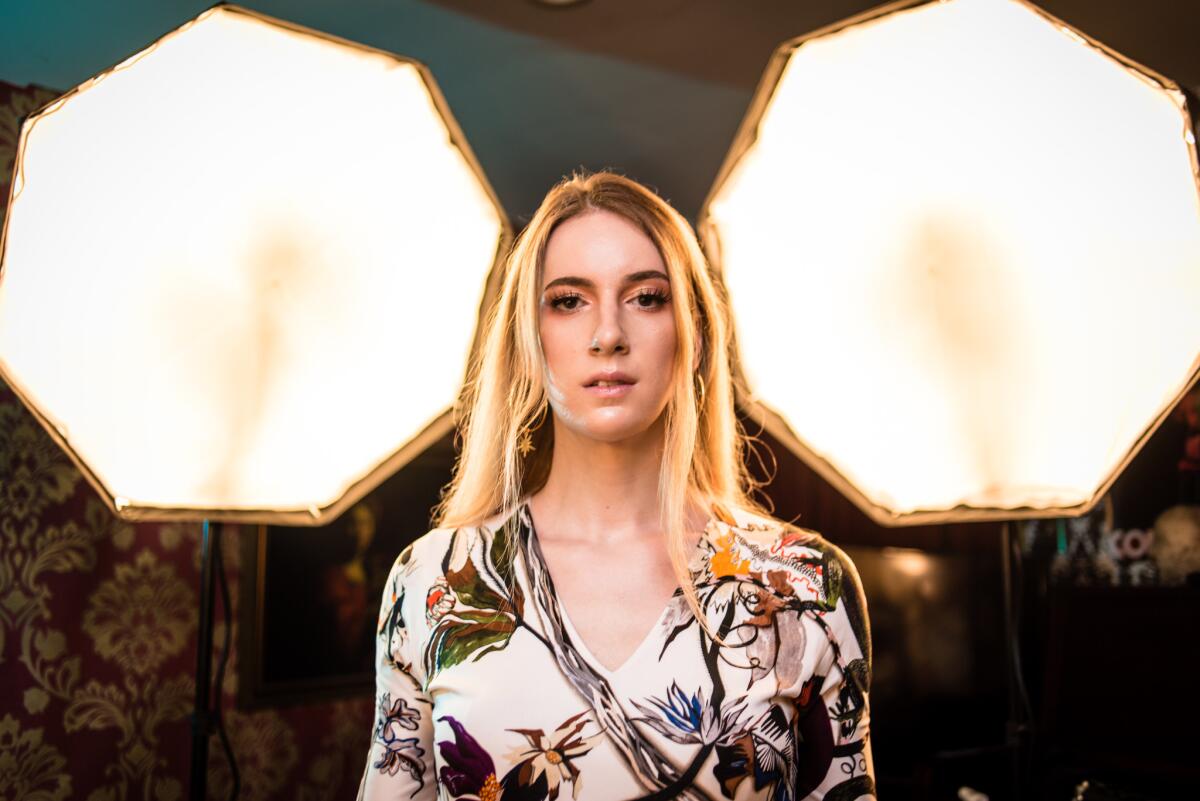
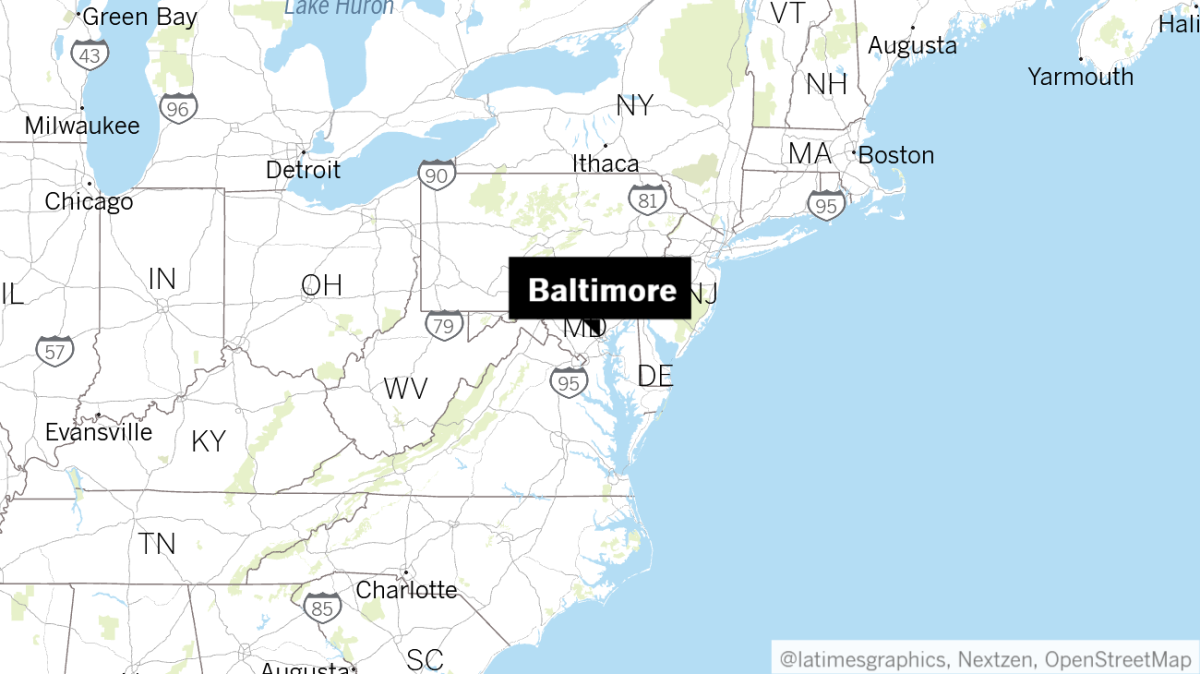
Recording in a row-house studio in a gentrified, working-class Baltimore neighborhood, Natalie Wynn, a trans woman with defiant opinions and platinum wigs, has emerged as a popular YouTube provocateur who takes on extremists, feminists, climate-change deniers and notions of identity in our selfie-obsessed age. Known by her internet alias, ContraPoints, her videos are a testament to how the nation’s divides play out across the web.
Transgender YouTube star ContraPoints tries to change alt-right minds »
The biggest entertainment stories
Get our big stories about Hollywood, film, television, music, arts, culture and more right in your inbox as soon as they publish.
You may occasionally receive promotional content from the Los Angeles Times.








